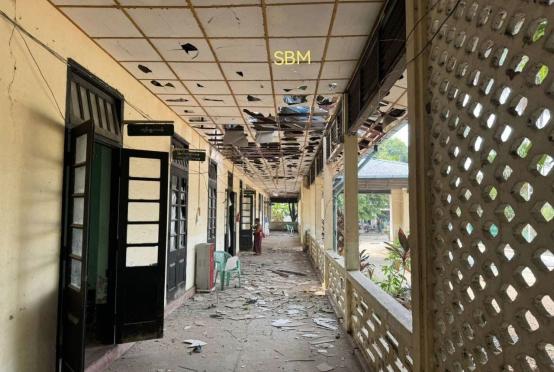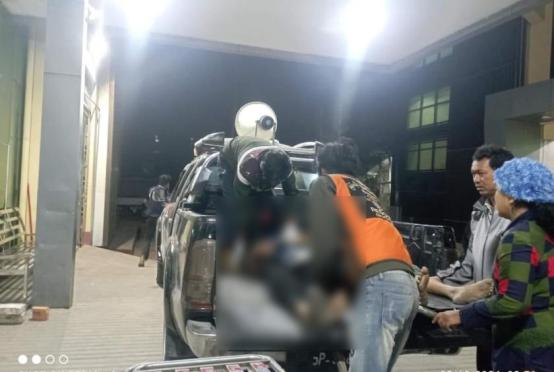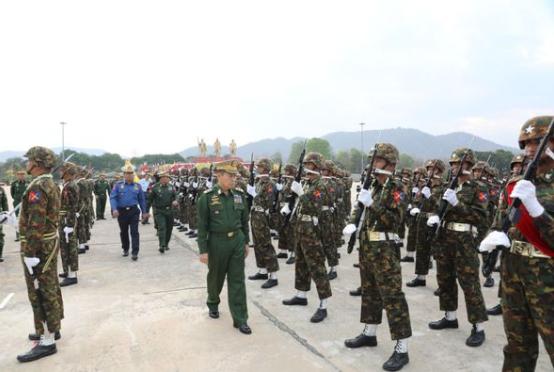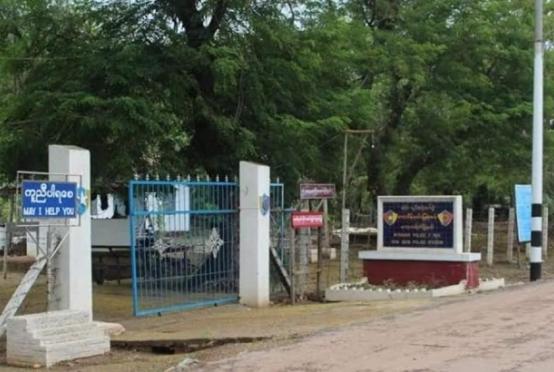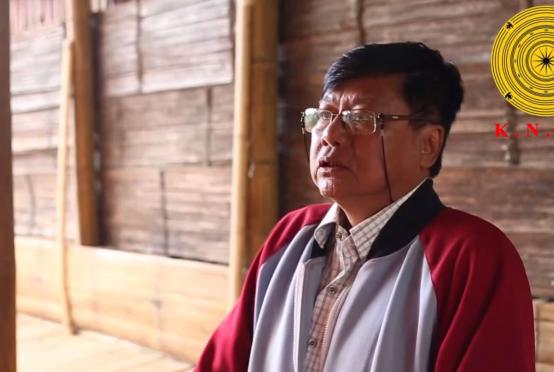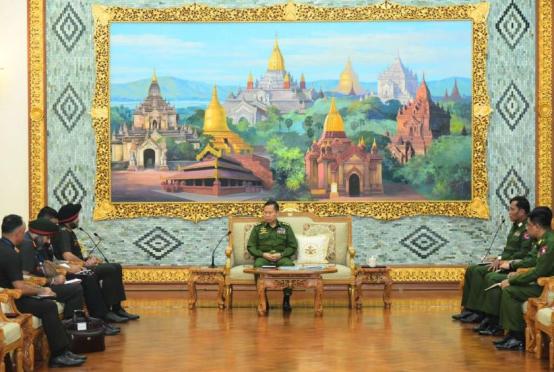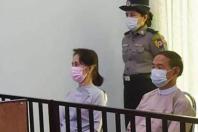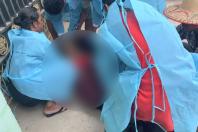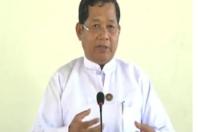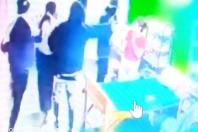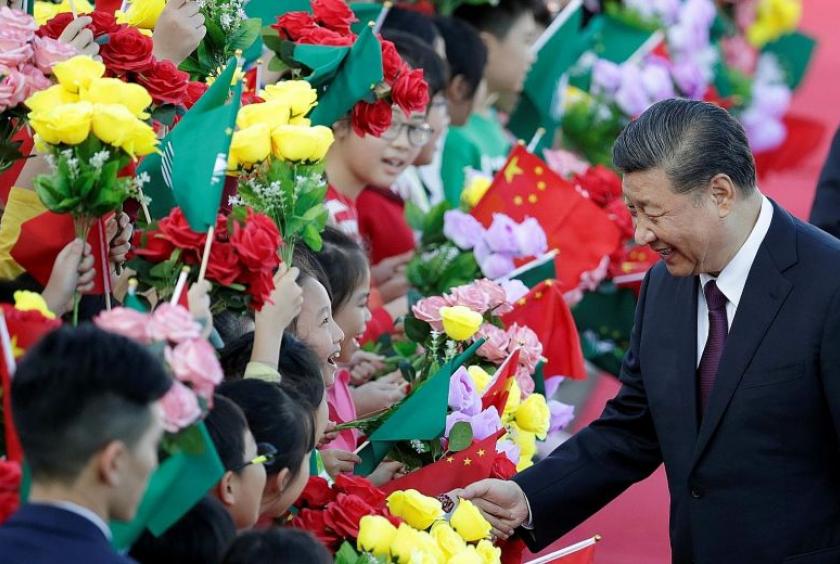
With HK troubled by protests, he points to city as a 'one country, two systems' success story
Chinese President Xi Jinping yesterday held up Macau as a successful example of the "one country, two systems" model, as he arrived in the city for anniversary celebrations of its return to China.
Beaming to cameras at the airport, Mr Xi said the gambling hub has "successfully implemented" the governing framework by which Macau is run and its experience deserves to be reviewed.
"Since the Macau Special Administrative Region (SAR) returned to China, in the past 20 years, it has acquired remarkable achievements and progress," he said.
During his three-day visit, Mr Xi is expected to announce a raft of policies aimed at diversifying the city's gaming-focused economy, including a new yuan-denominated stock exchange. He will also officiate at the inauguration of new Chief Executive Ho Iat Seng, who was at the tarmac yesterday with current Macau leader Fernando Chui.
Mr Xi's visit and the goodies he will announce are seen as reward for Macau's good behaviour - Beijing has been holding it up as a "model pupil" for unruly Hong Kong to emulate.
Just an hour's ferry ride away from Macau, Hong Kong has been gripped by anti-government protests for over six months.
Chinese officials and state media have pointed to Macau as proof that the "one country, two systems" framework, under which both cities are governed, works and can yield rich benefits for the SARs.
Ahead of the anniversary tomorrow, China's publicity apparatus has begun to sing praises of Macau.
Nationalist tabloid Global Times said in an editorial yesterday: "The prosperity and development of Macau has proven the feasibility of the 'one country, two systems' principle. And the unrest in Hong Kong has further proven that the Macau practice of the principle is the only feasible way."
On Sunday, the Chinese Communist Party mouthpiece People's Daily published a front-page article titled "Adhere to 'one country' to make good use of the benefits of 'two systems'".
To Beijing, one key reason for Macau's successful implementation is because "patriots" are in charge, as China's No. 3 leader Li Zhanshu said in a speech earlier this month.
The National People's Congress chairman had said: "The chief executives and principal government officials of the Special Administrative Region and the principals of the legislature and the judiciary have all been patriots."
Professor Lau Siu Kai, vice-president of the Chinese Association of Hong Kong and Macau Studies, said that from Beijing's perspective, Macau has been very active in passing laws to safeguard national security, to prevent it from becoming a base to subvert China, and also in making use of development opportunities from the mainland.
"All this makes Macau a poster boy not just as a model for Hong Kong, but also to tell the world that 'one country, two systems' can work," said Prof Lau, a top government adviser on Hong Kong policy.
The framework grants each region a high degree of autonomy in return for their recognition of "one China".
Both regions have been governed under the agreement since their return from their previous colonial masters - the Portuguese handed over Macau in 1999, and Hong Kong was handed over by the British two years earlier. But there are stark differences between the two: Hong Kong is a city of 7.5 million people, while Macau's population is less than a tenth of that.
And while Hong Kong has grown to become an international financial centre, Macau's economy is dominated by the gaming industry - the source of over 80 per cent of government revenues.
University of Macau Assistant Professor Leon Ieong said that while both regions have scored high points for economic development - one of Beijing's key metrics for assessing performance of a region and its officials - Macau has far exceeded Hong Kong in maintaining social stability.
"Especially now for Beijing, national security is very important. Under such circumstances, Macau has obviously completely fulfilled Beijing's requirements in the area of social stability," he said.
Macau successfully passed national security legislation under Article 23 of its Basic Law in 2009. Hong Kong's attempt to do so was shelved in 2003 after mass demonstrations broke out.
Prof Ieong said since the Umbrella Revolution in Hong Kong five years ago, Chinese leaders have adopted an "attitude of praise" towards Macau, and the 20th anniversary of its handover was another chance to highlight its performance to its restive neighbour.
Associate Professor Alfred Wu from the Lee Kuan Yew School of Public Policy said it is clear Macau is being used as a propaganda tool by Beijing.
"But if you think about it seriously, Hong Kong and Macau are not comparable - in terms of institutional arrangement and their legal systems - they are not even on the same scale."

